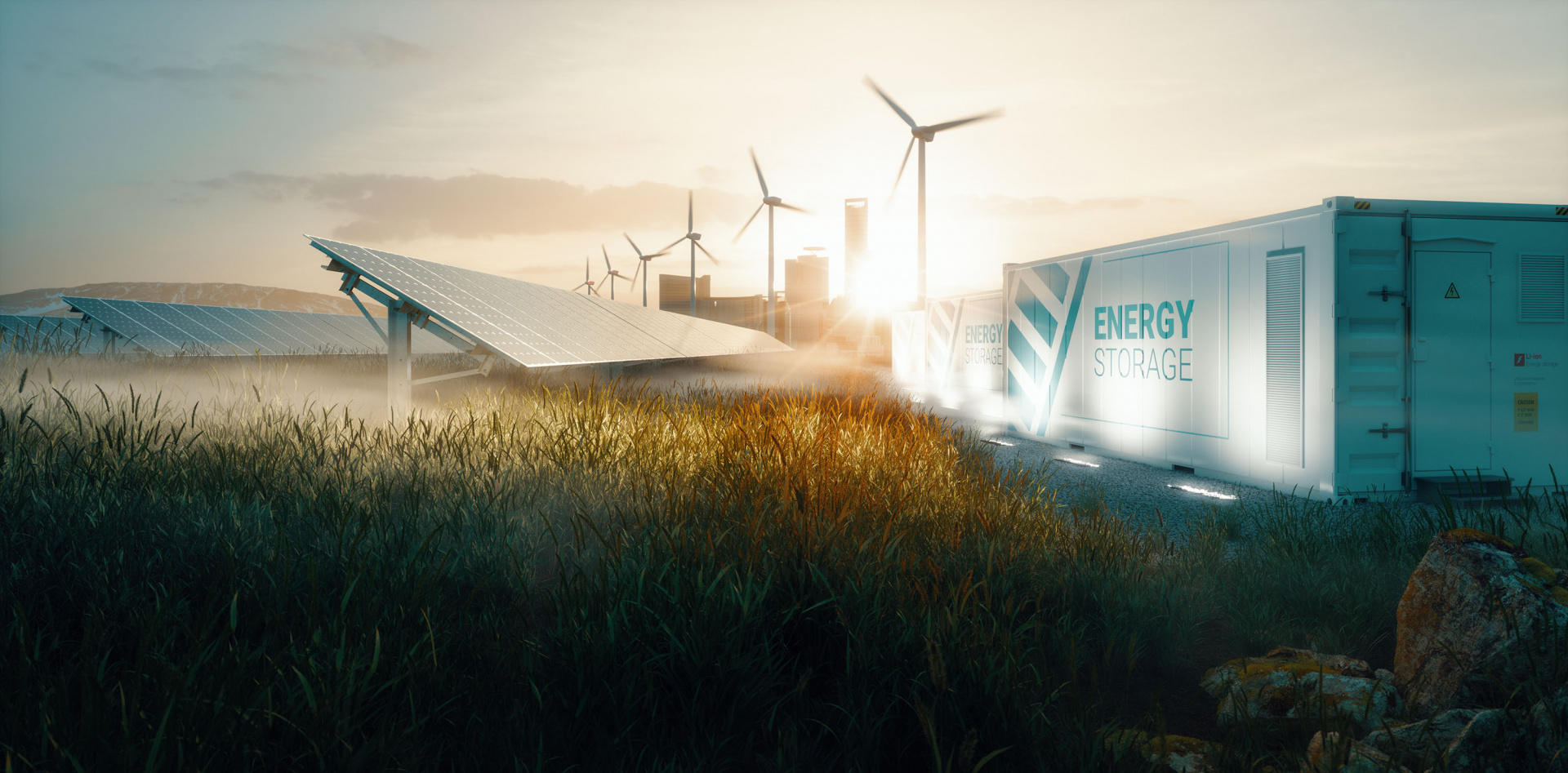The department develops and analyze energy scenarios, develop strategies to reduce greenhouse gas emissions, analyze the composition of energy carriers and analyze possible future technology choices and energy efficiency solutions. We analyze both cost-efficient design and operation of local energy systems, as well as overall analyses with a societal perspective, covering the connection between different energy sectors.
We focus on the effect of technology learning, new technologies, behavior aspects, flexibility solutions, new energy carriers, energy storage, sector coupling and political measures. Our energy system models are developed in close collaboration with national/local authorities, organizations, private sector (energy and industry), technology experts etc. The research group develop and use several types of mathematical models to increase the knowledge base related to the future energy system.
ESA has broad international collaboration on the long-term energy systems modelling and holds the ExCo membership in the Technology Collaboration Programme IEA-ETSAP (www.iea-etsap.org) on behalf of Norway We are also an active partner in the Research Centers for renewable energy (FMEs):
- FME NTRANS (FME NTRANS – Norwegian Centre for Energy Transition Strategies – NTNU a research center focused on studying the energy transition and its related sectors, and brings together experts from various fields like sociology, political science, economics, and technology studies.
- FME InterPlay, national hub for integrated energy system analyses FME InterPlay – Integrated Hub for Energy System Analyses
- FME SecuEL facilitates a secure, resilient, and sustainable electricity distribution grid that ensures both the security of electricity supply and a path to a net-zero-emissions society SECUREL
- FME Solar is dedicated to advancing solar energy technologies through cutting-edge research and sustainable solutions. Home | FME SOLAR
- FME Battery focuses on advancing battery technologies through research and development in energy storage solutions. FME Battery – Senter for bærekraftig og sirkulær verdikjede for fremtidens batteriteknologi – NTNU – NTNU
Scenario modeling
IFE does scenario analysis and transition studies that map out different pathways the Norwegian and European energy system could follow over the coming years, focusing on policies, investments, technologies, and other choices that policy makers and other decision makers can influence. Read more
Local energy system models
IFE performs modelling and analysis of local energy systems, such as week grid areas, communities, buildings, charging stations etc. The modelling provides insight into cost-effective design and operation of the system. We mainly use short-term energy system models, focusing on the optimal competition and interplay between energy carriers and technologies within the system. Read more
National and international long-term energy system models
IFE works with long-term energy system models at a local, national and international level, focusing on cost-optimal investments and operation to meet the future energy demand at least cost. Read more.


